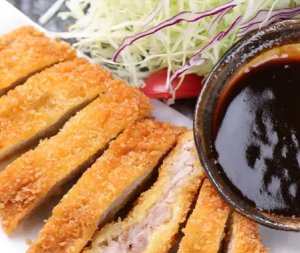When we buy food from the grocery store, we expect it to be fresh and safe to eat. However, there are many factors that can lead to food spoilage, such as bacteria, fungi, and other microorganisms. To prevent food from spoiling, food manufacturers often use food preservatives. In this article, we'll take a closer look at the types of food preservatives and their uses.
Types of Food Preservatives
Food preservatives can be categorized into two main types: natural and artificial.
- Natural Food Preservatives Natural food preservatives are derived from natural sources and are generally considered safe for consumption. Examples of natural food preservatives include:
- Vinegar: Vinegar is a natural preservative that is commonly used in pickling. It works by creating an acidic environment that inhibits the growth of bacteria.
- Salt: Salt is a natural preservative that has been used for centuries. It works by drawing moisture out of food, which inhibits the growth of bacteria.
- Sugar: Sugar is a natural preservative that is commonly used in jams and jellies. It works by binding to water molecules, which makes it difficult for bacteria to grow.
- Rosemary Extract: Rosemary extract is a natural preservative that is often used in meat products. It works by inhibiting the growth of bacteria and other microorganisms.
- Artificial Food Preservatives Artificial food preservatives are chemical compounds that are added to food to prevent spoilage. Some examples of artificial food preservatives include:
- Sodium Benzoate: Sodium benzoate is a chemical preservative that is commonly used in acidic foods such as soft drinks and fruit juices. It works by inhibiting the growth of bacteria and fungi.
- BHA and BHT: BHA (butylated hydroxyanisole) and BHT (butylated hydroxytoluene) are synthetic preservatives that are often used in packaged foods. They work by preventing the oxidation of fats, which can cause food to spoil.
- Propionic Acid: Propionic acid is a preservative that is commonly used in bread and other baked goods. It works by inhibiting the growth of mold and bacteria.

Uses of Food Preservatives
Food preservatives are used to prevent spoilage and extend the shelf life of food products. They are commonly used in processed foods such as canned goods, baked goods, and snack foods. Without preservatives, these foods would spoil quickly and could be unsafe to eat.
In conclusion, food preservatives are an important part of the food industry, helping to keep our food safe and fresh. Natural preservatives are generally considered safe, while artificial preservatives may have some potential health risks. If you are concerned about the use of preservatives in your food, it is important to read food labels carefully and choose products that meet your needs and preferences.
